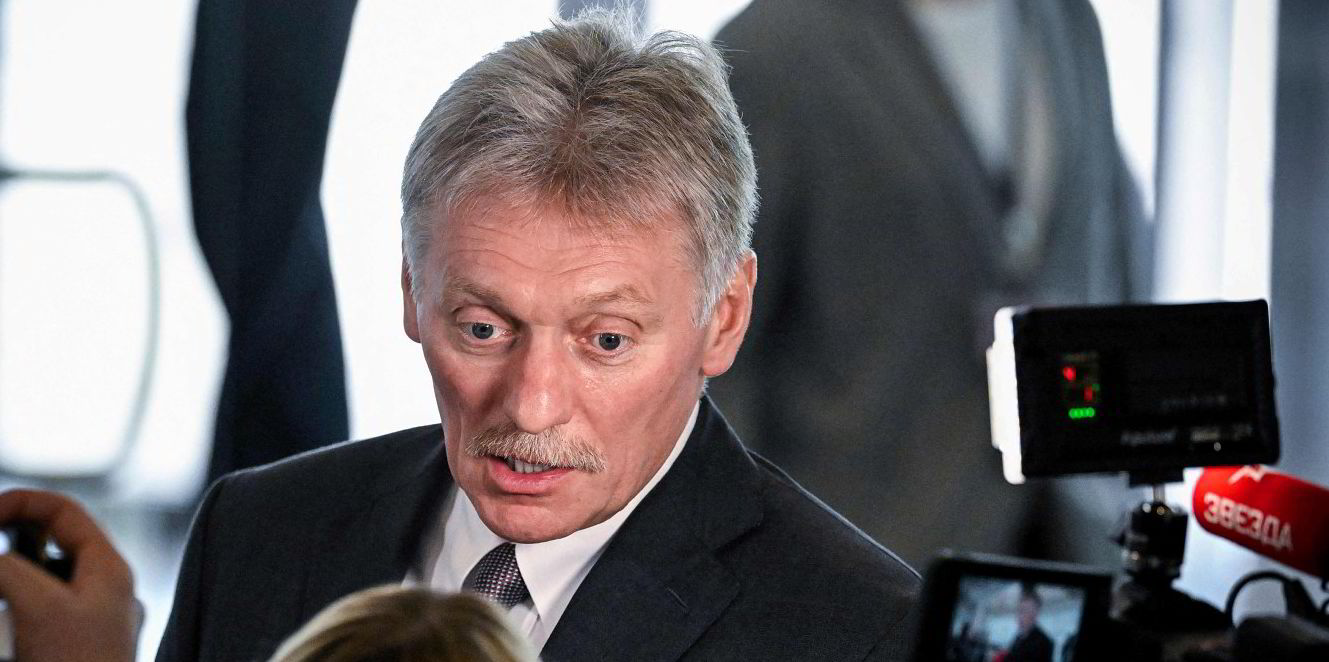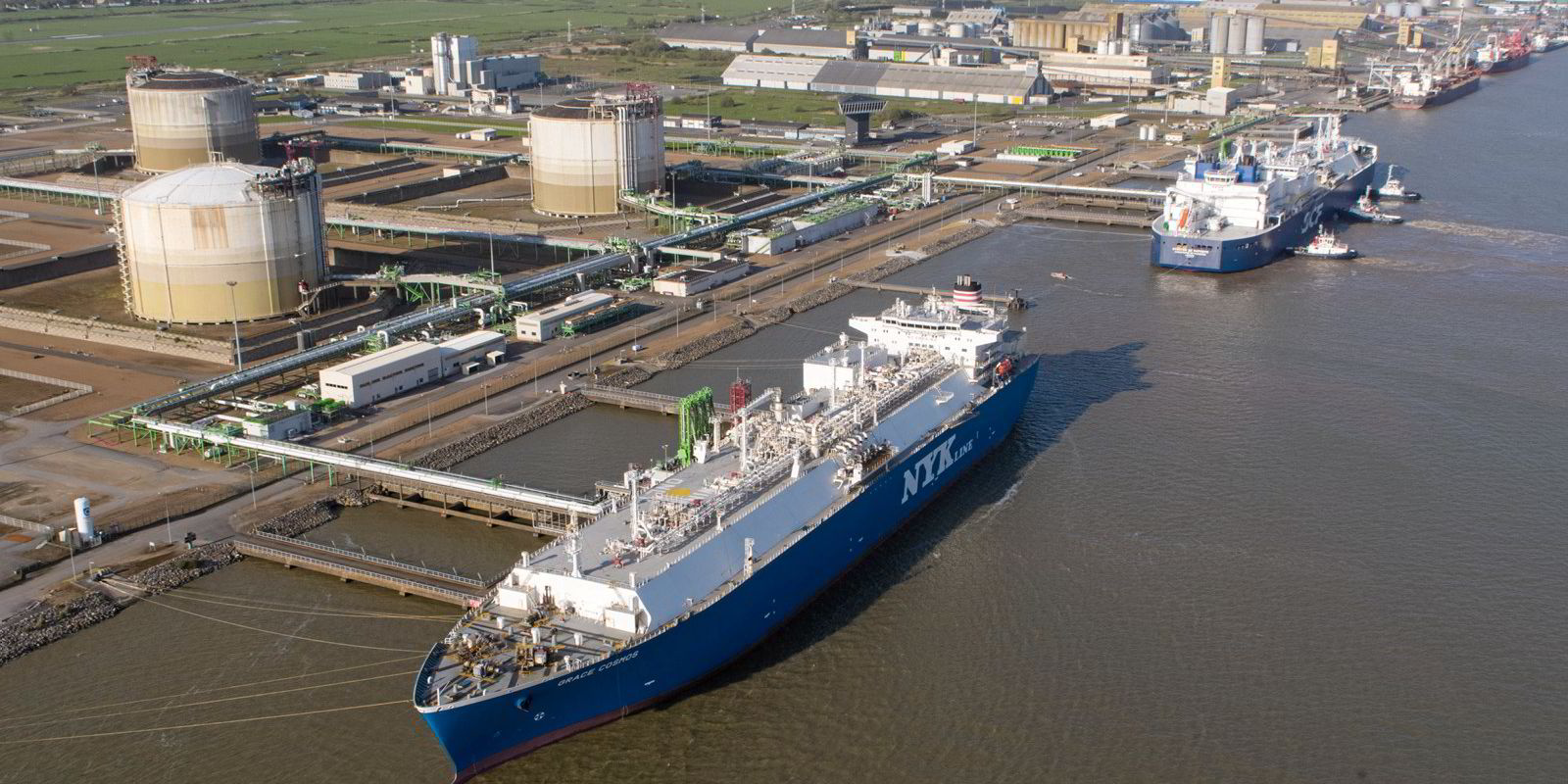European Union member states are preparing to discuss a fresh tranche of proposed sanctions against Russia on Wednesday designed to hit the country’s LNG production and export capabilities.
Under the planned sanctions — the EU’s 14th package — while imports of Russian LNG into Europe would not be banned, countries would be barred from re-exporting it from European terminals to other global destinations outside the bloc.
Belgium, France and Spain have been key for re-exports, importing cargoes shipped in on Russia’s specialised Arc7 LNG carrier fleet which are then shipped to other destinations on conventional vessels.
This would effectively force Russia to send its LNG cargoes on longer routes west from Novatek’s Yamal LNG project and under-construction Arctic LNG 2 when exporting to markets outside Europe or take the Northern Sea Route east, which would tie up ice-breaker tonnage in winter months.
Under the EU’s proposed sanctions, European companies would also be prohibited from participating in new LNG ventures in Russia.
Several vessels are put forward to be sanctioned.
These are reported to include the two supersize floating storage units — the 361,000-cbm Saam FSU and Koryak FSU (both built 2023) — positioned at Murmansk in the west and the Kamchatka peninsula in the east, respectively. These are designed to take on and store transshipped cargoes.
The draft sanctions would also ban the use of EU ports for vessels contributing to Russia’s war effort.
Bloomberg said the draft sanctions would also apply to insurance and technical assistance including “bunkering, ship supply services, crew changes services, cargo loading and discharge services, fendering and tug services”.
The UK and US have already sanctioned the Arctic LNG 2 project which is now delayed.
The US has gone further, sanctioning the giant FSUs, Russia’s Zvezda Shipbuilding Complex, which is building LNG carriers for the Arctic project and the two giant FSUs.
The wide-ranging EU sanction proposals would also prohibit media, political parties or think tanks from receiving any funding or donations from Russia.
They would also add four more named media outfits to its banned list in an effort to guard against the spread of disinformation.
All 27 member states must agree before the EU sanctions package can be approved.





